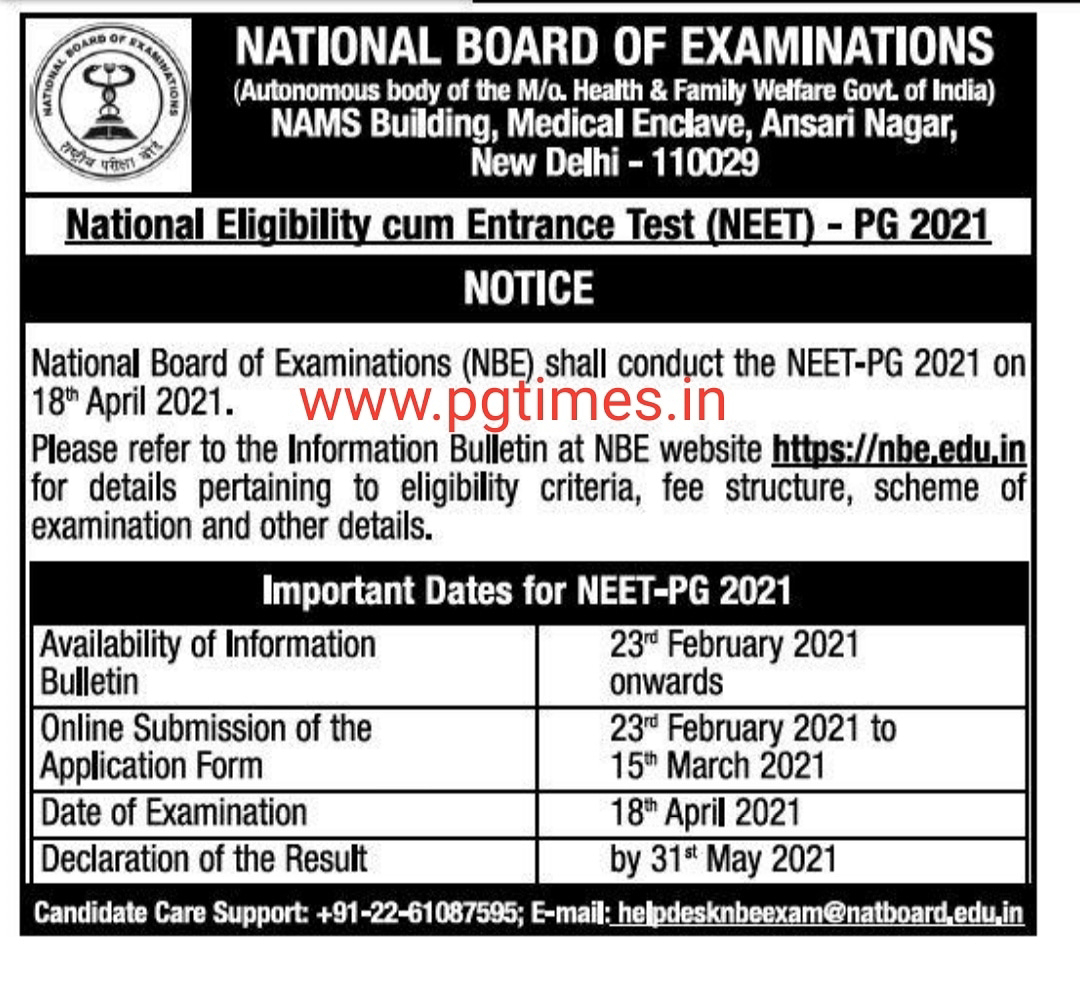NEET SS 2021 | Centre tells Supreme Court it has dropped plan for new exam pattern
Faced with criticism, govt. says scheme has been put off to 2022 The government on Wednesday, October 6, 2021, turned around to inform the Supreme Court that it has dropped its decision to implement a new exam pattern for National Eligibility-cum- Entrance Test- Super Specialty (NEET-SS) 2021 due in November. Faced with criticism from the court for the sudden manner in which the new pattern has been introduced at the last minute this academic year, the Centre, represented by Additional Solicitor-General Aishwarya Bhati, said the implementation of the new exam pattern has been postponed to 2022. The November 2021 exam would follow the existing exam pattern, Ms. Bhati submitted. “In deference of your lordship’s observations & interest of students, the Centre has decided that the revised scheme will be implemented from 2022. The present exam will be held based on the 2020 scheme,” Ms. Bhati submitted. A Bench led by Justice D.Y. Chandrachud expressed its satisfaction with th...



